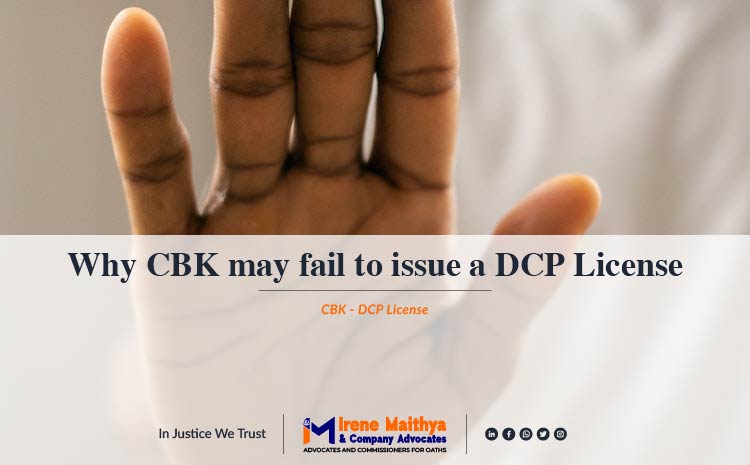
In Kenya, the credit bureau industry operates within a carefully regulated framework set by the Central Bank and the Banking Act Cap. 488. To provide you with a deeper understanding of these regulations, we'll dive into the specifics of what they entail and how they impact credit bureaus and consumers alike.
1. Mandatory Standards for Data Collection, Storage, and Use:
Kenya's credit bureaus are held to rigorous standards when it comes to collecting, storing, and using credit data. These standards ensure that all data is accurate, secure, and respects consumers' privacy. Compliance with these standards is not optional; it's a fundamental requirement.
2. Responsibilities of Institutions and Credit Information Providers:
Financial institutions, like banks and SACCOs, play a crucial role in the credit reporting process. They are obligated to provide accurate and timely credit data to credit bureaus. Failure to fulfill these reporting responsibilities can have serious consequences.
3. Central Hub and Industry Tool:
To streamline data sharing, a central hub and industry tool have been established. These technological solutions facilitate efficient data exchange between credit bureaus, credit information providers, and lenders. This ensures consistency and accuracy in credit reporting across the industry.
4. Data Submission Templates:
Consistency is key in credit reporting, and standardized data submission templates are the linchpin of this consistency. These templates simplify the reporting process and help maintain uniformity in the data submitted.
5. Notification of the Amount Owing:
Consumers have the right to be informed about the exact amount they owe to creditors. This regulation enhances transparency in debt collection practices and empowers consumers to manage their financial obligations more effectively.
6. Mode of Service:
Regulations specify the appropriate mode of service for various credit-related notifications. This ensures that consumers receive critical credit information through channels that are easily accessible and comprehensible to them.
7. Obtaining Information Under False Pretenses:
To maintain the integrity of credit data, the acquisition of information under false pretenses is strictly prohibited. Violations of this regulation can lead to severe penalties, highlighting the commitment to data accuracy and security.
8. Publication of List of Third-Party Credit Information Providers:
Transparency is a cornerstone of Kenya's credit bureau regulations. Publishing a list of trusted third-party credit information providers helps consumers and financial institutions identify reliable sources of credit data.
9. Public Education:
Educating the public about credit reporting and its implications is a top priority. These initiatives empower consumers to make informed financial decisions, understand their rights, and engage responsibly with the credit system.
10. Compliance with Guidelines, Rules, or Directives:
Credit bureaus and credit information providers are required to adhere to any additional guidelines, rules, or directives issued by regulatory authorities. This adaptability ensures ongoing compliance with evolving industry standards.
11. Penalties:
Strict penalties are in place for non-compliance with credit bureau regulations. It is imperative for all industry stakeholders to prioritize adherence to these regulations to avoid legal consequences.
12. Repeal of L.N. 5/2013:
This regulation signifies a transition to more comprehensive and updated regulations governing credit bureaus in Kenya, reflecting the evolving financial landscape.
13. Savings:
Savings provisions are included to facilitate a seamless transition from previous regulations, ensuring continuity and stability in the credit bureau industry.
Conclusion
As you can see, Kenya's credit bureau regulations are not mere guidelines; they are the backbone of a fair and transparent credit environment. These specific regulations safeguard consumers, promote responsible lending, and uphold the integrity of credit data. Understanding and adhering to these rules are essential for the entire credit ecosystem, ensuring that Kenya's financial landscape continues to evolve responsibly and in the best interests of all stakeholders.








Leave a comment